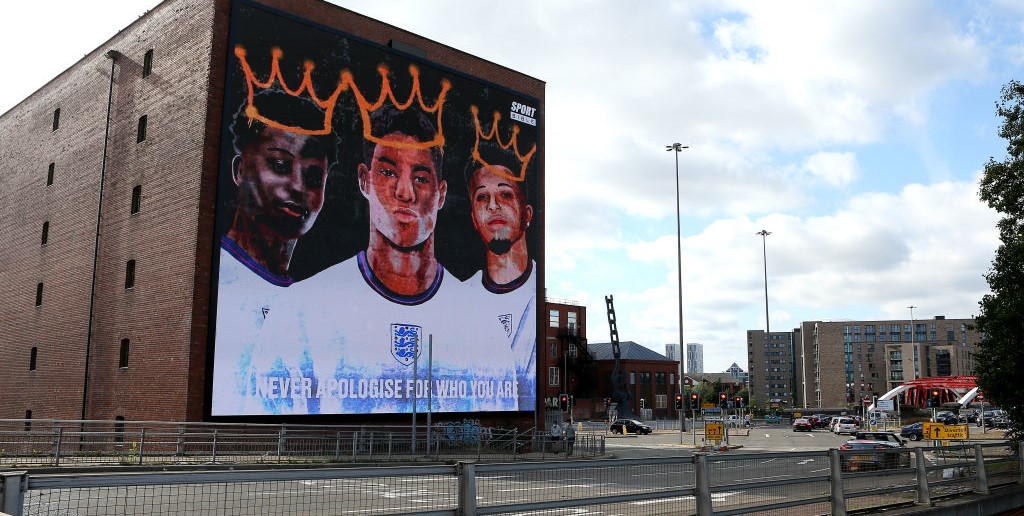Understanding opens the door
To celebrate Black History Month this week on UNITElive, every day we meet a Unite member who tells us of their own experiences. Today we meet Bob Purkiss
As a black child in a predominately white village in the 1950s, former Unite national secretary for equalities, Bob Purkiss, occasionally encountered instances of racism. Those situations could easily be resolved, says Bob, with a quick jab.
“I was boxer and an athlete. If anyone said anything about my colour they didn’t say it where I was,” explains Bob. “I lived in a little village where it was half of my mum’s relatives anyway.”
Bob’s mum and dad fell in love during the Second World War after his black Arizonian father was stationed in England. Growing up as a mixed-race kid in rural England was a double-edged sword.
It shielded Bob from the worst excesses of a world that denied black people their rights and white-washed their history, while also obscuring a prestigious and integral cultural heritage.
It wasn’t until he joined the Merchant Navy at 15 and was sent to apartheid South Africa for three years as a deck hand, that Bob realised the full extent of what it meant to be black.
Baptism of fire
From 1961 to 1964 Bob experienced what can only be described as a baptism of fire. It was the beginning of an extraordinary period that ignited a desire within him to learn about black history and culture; for its own sake and as a tool in the struggle for empowerment that is still going on today.
“I was on a ship where I couldn’t go ashore with any of the other guys. I suddenly came face to face with pure racism.
“Then when I was 18 I went to the southern states of the US from 64-68. I saw the whole of the civil rights movement. I was in the Watts riots in LA and witnessed the Black Panther Movement.
“I also went to Jamaica, which is a total melting pot of many people, where racism is about class structure rather than the colour of your skin,” Bob said.
“Having had these lovely political lessons, and having been really active in the union movement since I was 15, I decided I needed to know more about black history.
“At school no one had ever taught me about black people. I went to college and university to study industrial relations and started to read books no one had ever shown me.”
Among the things Bob learnt was that black Roman soldiers had been in England well before the Anglo-Saxons had arrived. That the 21st Roman Emperor, Septimus Severus, had himself been black. That Henry VIII had black trumpeters.
That Africa, contrary to the colonialist school-taught narrative that white Britons had gone to the continent as saviours intent on educating a backwards people, had its own proud history as a seat of great learning and captivating political intrigue.
Armed with a formidable and ever increasing knowledge, Bob turned his attention to furthering people’s understanding of black history in an effort to defeat xenophobia and racism and promote equality.
After university he went on to have a long and illustrious international career within the union and other organisations, that helped redefine people’s concept of what it meant to be black and challenged prejudices.
Trade unionism is an important vehicle in the fight for racial justice, says Bob, because “the basis of collective bargaining is to strengthen those people who don’t have equality.”
Nelson Mandela
The pinnacles of Bob’s career included meeting Nelson Mandela and being recognised with an MBE.
However it is an unadorned premise that has guided Bob through his work. It is also the central factor of why Black History Month is important for everyone: the propagation of knowledge.
“For black people it is about empowering themselves so they can feel proud of who they are, how they got here and what their ancestors achieved.
“It gives them the answers to some of the stupid things people say like â€we were here first.’ So they can say â€well black people were in England before the Anglo-Saxons,’ Bob explains.
“It also helps white people feel comfortable because it imparts a knowledge that gives them an understanding of what is often a subject they know nothing about.
It’s that lack of understanding that makes some people feel uncomfortable around black people. When they have that it opens the door.”
- Don’t forget to tune in tomorrow for another account in this series
 Like
Like Follow
Follow


